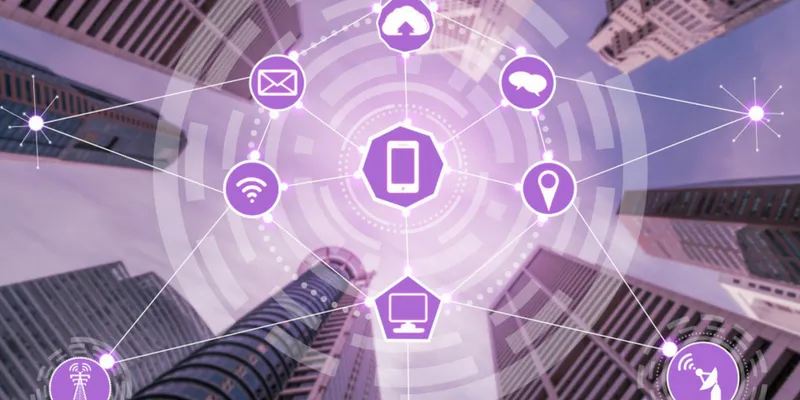How IoT and AI will combine to make the smart assistants of the future
The Internet of Things is the network of smart devices like phones, computers, vehicles, home appliances, etc. which are embedded with sensors, software, actuators, and connectivity which makes communication possible between the devices. Communication between devices is in the form of exchange of data, or it can also be conversational. This helps in integrating our devices of daily use into the computer-based world so that we may control them through computers. It results in more efficient processes, reduced human intervention and economic benefits.
IoT is a popular topic these days. It is predicted that by 2020, there will be 30 million IoT devices in the world. AI, or Artificial Intelligence, is the intelligence demonstrated by machines. It tries to imitate the natural intelligence of humans, which means it mimics the cognitive functions that humans perform using their mind such as learning and problem-solving.
Both of the above-mentioned technologies are getting popular, with many companies already adopting them and investing to make it a part of their products and processes. While AI makes the machines learn from their experiences and data, IoT is about devices interacting using the internet. Currently, many IoT devices are connected with each other and are generating roughly 3.5 quintillion bytes of data on a daily basis. This data is a powerhouse of information. It can be used to make predictive models, do analysis, and create a smart world around us by helping machines learn.

Machine learning helps in reading, interpreting, and utilising such heaps of data. Machine learning aids the development of artificial intelligence in machines, that can help them act cognitively for our benefit. Through this combination of artificial intelligence and the internet of things, we can teach decision making to machines. Hence, empowered machines will act as smart assistants for us. These smart assistants could be devices like Alexa telling the devices in a smart house what to do. For example, a smart home will be managed by a smart assistant device which manages the devices at home.
So, whenever the refrigerator runs out of milk, the smart assistant will get the information through the IoT sensors on the refrigerator communicating through internet connectivity between devices. The smart assistant will then place an order to the nearest grocery store. The store will receive the order and fulfil it by sending a drone or a robot with the grocery. The payment will be handled automatically through connected online wallets. This is a classic example of a personal smart assistant enriching human lives by using the combined power of IoT and AI.
Similarly, in the field of B2B technology, recently IBM launched the Watson Assistant, a smart enterprise assistant that is fuelled by the combined power of IoT and AI. With the usage of the cloud, it uses IoT and AI to do wonders for businesses. It can be accessed via text or voice mode and tries to help businesses increase their brand loyalty and transform customer experiences while keeping customer data secure. The assistant is pre-trained for many industries like hospitality, customer care, banking, etc. It is not limited to listening to personal commands but also delivers proactive and personalised services to the customers.
An existing example of the Watson Assistant is ‘Josie Pepper’, an assistant at the Munich Airport’s Terminal 2 which acts as an ambassador to assist passengers. It has a rich conversational back-end covering a range of topics, from weather information to small talk.
The Royal Bank of Scotland is already piloting the Watson Assistant to act as a triage call centre by responding to customer queries or directing to a human agent as required.
IoT devices cannot function without artificial intelligence, and artificial intelligence, in turn, needs IoT devices to be of greater use for humankind. It has a wide range of use cases from personal usage to optimising enterprise operations. Together, both these technologies hold the power to transform our lives.
Amit Dua is Co-founder and CEO at Signity Solutions and ValueAppz.
(Disclaimer: The views and opinions expressed in this article are those of the author and do not necessarily reflect the views of YourStory.)







